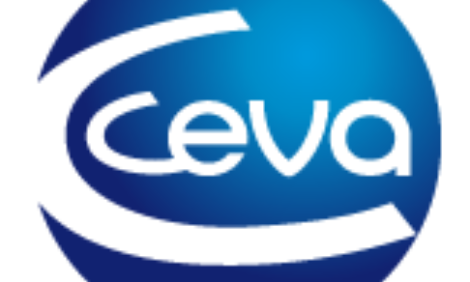



International Partnership to Help Iraq's Meat Industry
IRAQ - A recently established international partnership will focus on developing a “strong and viable beef and lamb feedlot industry” for Iraq, according to project participants.According to a news release from the Texas A&M University, the partnership between the Inma Agribusiness programme, U.S. Agency for International Development, and U.S. and Iraqi governmental agencies, universities and agribusiness groups and individuals will bring new private-sector economic opportunities to Iraq.
“Through a combination of technical and financial support, the partnership will work toward making Iraq a top beef and lamb producer within the Arab world,” said Dr. Ma’ad Mohammed, Inma project coordinator for the Norman Borlaug Institute for International Agriculture of the Texas A&M System, a key programme participant.
The Inma Agribusiness programme is implemented by a consortium led by The Louis Berger Group Inc. under a USAID contract. Working with the Iraqi government, project participants are helping develop and diversify Iraq’s agribusiness sector, generating new employment opportunities and helping Iraq create a more viable and profitable agribusiness industry for the future.
Ongoing agricultural and agribusiness initiatives of the Inma programme include improving Iraq’s crop diversity and livestock production, providing better agricultural information systems, developing and implementing soil reclamation and water resource programmes, and increasing domestic and foreign agribusiness partnerships.
In Iraq's livestock sector, the programme is addressing production and marketing of quality meat cuts, improving the meat-processing equipment and operational-systems infrastructure, and establishing a more modern and widely acceptable meat-handling system. It also is focused on helping Iraqis establish improved product grades and standards, including a live-animal grading system, and enhancing their red-meat packaging and marketing.
According to USAID, the new Inma feedlot initiative will help establish the forage (alfalfa, barley and hay) industry in Iraq, develop a feeder-calf and lamb industry for consistent supply, create a demand for improved refrigerator transport and encourage the establishment of a standardized red-meat grading system.
The project also is expected to improve food security by providing higher quality, healthier animals and a “more desirable form of protein” to consumers. Feedlot project activities will be part of the overall Inma agribusiness programme, which was initiated in July 2007 and is contracted through May 2010, and contains provisions for two additional one-year extensions.
The Inma programme hopes to establish about 30 feedlots throughout Iraq. Project plans indicate the feedlot initiative could create as many as 500 jobs directly within established feedlots and many more in affiliated businesses.
“The demand for high-quality red meat in Iraq outweighs supply, and red-meat consumption in that country is growing at about 10 to 15 percent a year, with more money spent on this than other food commodities such as vegetables, fruits and fish,” said Ross Wherry, Inma project chief of party for The Berger Group. “Showing Iraqi farmers how to keep and feed livestock in feedlot areas will allow them to produce higher quality meat at a faster rate that traditional grazing and will go a long way toward helping them fill the increasing demand for red meat.”
More importantly, he added, feedlot farming methods can increase revenue for farmers and provide new job opportunities within the Iraqi livestock industry.
TheCattleSite News Desk


